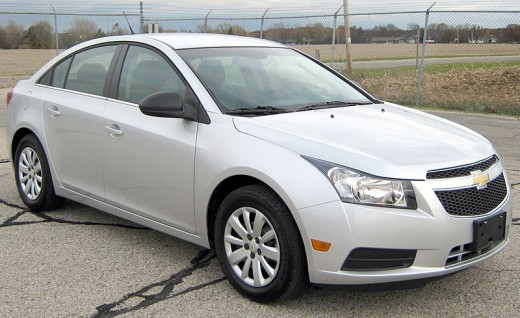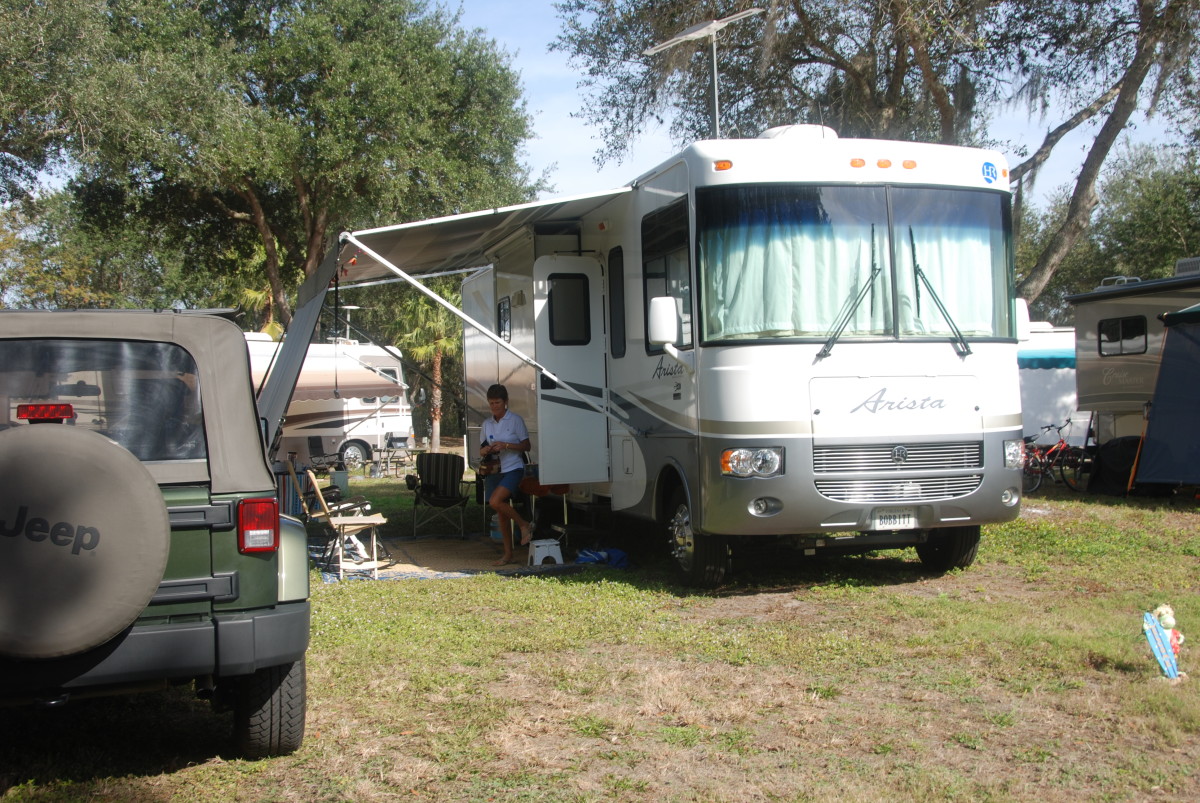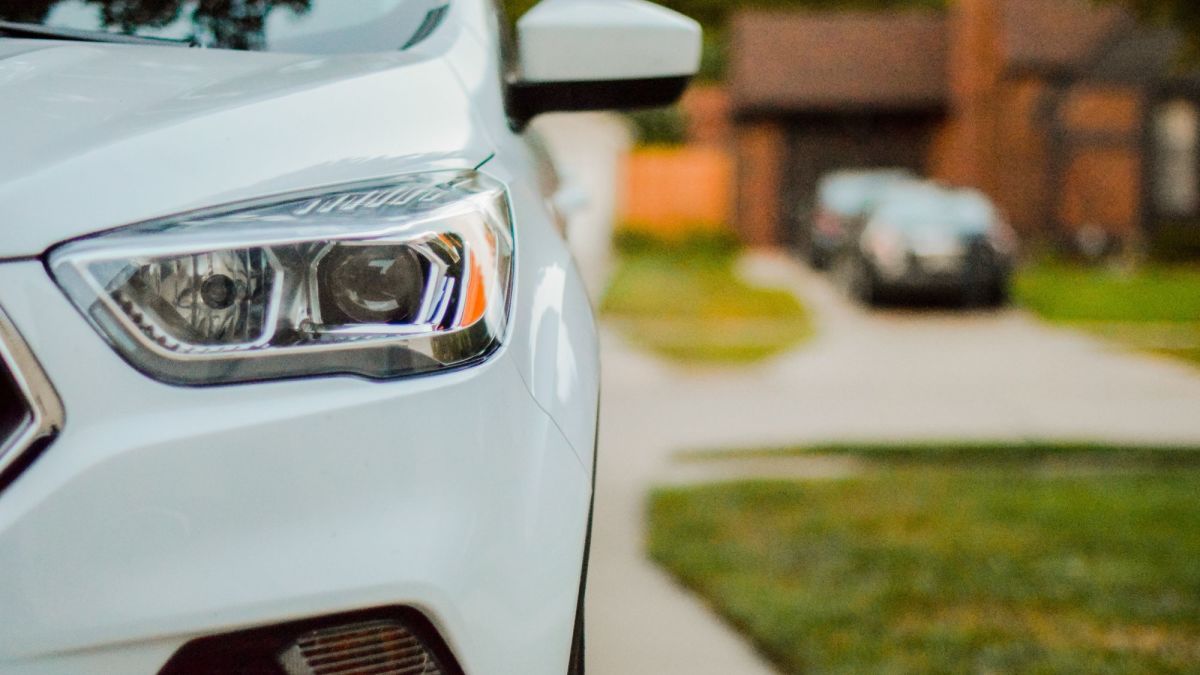How to Buy A Car for Less

Buying a car is the second largest purchase you will make in your lifetime. However, unlike the largest which is buying a house, you will likely repeat this many times over in your life. Knowing how to buy cars effectively can save you thousands of dollars on a single vehicle, or tens of thousands lifetime.
To Start
Before you go any farther in this process, knowing what you want will narrow down how much research you need to do. This may be necessary depending on how much personal knowledge you have of the vehicle or vehicles you're interested in. Also, preliminary research will help you decide between vehicles or trim levels of a specific vehicle. It's at this point that knowing how much car insurance will cost can have an effect on what you are looking to buy. Different vehicles and different trim levels of a vehicle have different insurance costs. Your insurance agent can help you narrow down your choice at this junction. It is important to have a specific vehicle in mind when you begin researching it.
After Your Preliminary Research
Once you've done some preliminary research and decided on the vehicle, you'll want to research it in depth. Everything from warranties, fuel mileage, trim levels, options, etc. come into play here. This is where you take the general vehicle your looking for (i.e. Ford Taurus, Chevy Silverado) and narrow it down to the exact trim level, color, and options you want. Whether you like it or not, color has an effect on price. Red is more marketable than blue, so all things equal, your car in red may bring a slightly higher price than your car in blue. Research will let you know what colors, trim levels, and options your base vehicle has to offer.
Once you've gotten your ideal vehicle researched and decided on, write down the details. Going forward, you should not budge on these selling points. These selling points dictate value and straying from them may cause you to inadvertently pay more than you should've for your vehicle. Further research the value of your ideal vehicle. It's important to note that blue book values are subject to change, and quickly at that. They are a good starting point, but they don't account for market changes and seasonal trends. The best way to research is to look at what your car is actually selling for in real time.
Using auction sites, dealer sites, and other car sales sites like cars.com will give you exactly what your vehicle is going for on the market at the time your looking at them. Typically, dealerships will put lower prices on internet sales ads than on the lot. The market online is too big to jack up the price, so they don't. Internet research may show that the vehicle you want is going for more in your local market than it is in another region of the U.S. This is very important to note, and it's why sites like KBB.com ask for your zip code when finding your car's value.
Car Sales go in Annual Cycles, Make it Work for You
Now, it's at this juncture you should know that buying "out of season" can potentially save you thousands. That comes from experience both as a buyer and as someone who has worked with and for car dealerships. For example, buying 4x4 trucks is best done in the spring, when demand for them is on the down slide. Subsequently, buying rear wheel drive cars is best done in the fall/winter time. In general, dealerships sell the largest share of vehicles from March to June. Also, with the way dealers finance their own lots, having old inventory on the lot can give you an advantage. Dealers want to sell within 30 days. Any vehicle on the lot after 60 will start costing money. IF you keep an eye on a few different vehicles you're interested in for a few months, and if they are still on the lot, you are in a position to bargain for a better price. In general, the slowest months for dealerships are the winter months, capitalize on this. Buying late year means hitting them when they need sales and are willing to negotiate terms. Planning ahead, which is the over-arching theme of this hub, allows you to check facts and save you money. Over spending happens when you rush into a purchase because of a perceived good deal. If at any time you feel like the deal might be too good, it probably is.
Just as buying at the right time of year affects price, buying in the right part of the country also affects price. Buying rear wheel drive sports cars in December from Minnesota will help to guarantee a low price, as they can't market them effectively in their local markets due to weather. These regional issues play out with different types of vehicles throughout the U.S.
Buyer Beware
It is important that you know that while most dealers and individual sellers are reputable people, there are a few bad ones that force us to verify facts and be weary of deals. Reports on the VIN number of a vehicle will give you a much more reliable understanding of a vehicles history and any damage it has suffered. When negotiating a deal remotely, like online or over the phone, make sure the seller understands that your participation in the deal is contingent on a satisfactory personal inspection of the vehicle. Never buy something you haven't put your hands (and eyes) all over.
Understand What the Salesperson's position
Negotiating the deal is crucial. Many people dislike car sales people because they are hard sellers. On the flip side, they don't want to seem rude or pushy themselves because they too know the stigma and that makes selling an uphill battle for them. Don't be a push over. The sales person you are talking with, whether in person or over the internet, stands to make a sizable amount of money off of your deal, make them earn it. This vehicle will be with you for years, so if you're not happy, don't buy. This reverts back to not budging on what you want. Your research will have given you your price to purchase the vehicle. It's also important to know that dealers understand that once a potential customer leaves the lot, they are most likely not coming back. For this reason, being willing to walk away from a deal puts pressure on your salesperson. While it may seem like a risk, it's very common that they find a little extra "wiggle room". This doesn't work every single time, especially if you and the dealer are just too far away in price. However, it works very well and if you are close on price, it doesn't make fiscal sense for the dealer to let you walk away.
Now, many people make the mistake of talking about payments before price. Don't play this game with the dealer. They can hide lots of finance fees and an over priced vehicle in the paperwork. Talk price first, then trade-in if applicable, then finance numbers. If they don't meet your terms, you can walk away from the deal. Don't be fooled, your salesman has quotas to meet, and they know if you leave your not coming back. If they are a good sales person, they will work with you to keep you on the lot. If not, you will find a better deal, I have found this to be true on more than one occasion. Being hard-nosed is necessary, don't feel bad for expecting them to meet reasonable terms on price, payments, and trade-in allowance. Again, they make money on the sale. For used vehicles, they can make a very sizable amount of money.
Your trade in is a big negotiating tool. If you have the choice to sell your old vehicle outright beforehand, do so. Cash is cash and there is no negotiating its worth.
Once you have the exact car you want, in the color you want, in the trim level you want, with the options you want, and the price is set at the optimum level, your ready to make a deal. Once the price is set, and trade-in value is set, then you can talk financing numbers. A general rule of thumb is $20 for every $1000 financed for 60 months. However, recent times have given way to super low financing rates so shop around. Having your own financing before you set foot in the dealership can be a bargaining tool. At worst, you came prepared with your own financing so that it can't ruin the deal. At best, the finance person at the dealership has incentive to beat your rate, which benefits you and the dealer both. There are calculators available to give you a more precise number.
Car buying can be stressful, but done right, it can be very rewarding as well. You don't have to be a car guy to know what you want in a vehicle, all you need is some drive. Now go find your perfect vehicle!
Some Helpful Links for Thrifty Car Buyers
- HowStuffWorks "How to Buy a Car"
- New Cars, Used Cars, Car Reviews, Car Finance Advice - Cars.com
Use Cars.com to search 2.6 million new & used car listings or get a dealer quote. Our easy-to-use online tools put you a step ahead in your next vehicle purchase. - How to Buff out Your Ride; For the Novice
- http://www.cars.com/go/advice/financing/calc/loanCalc.jsp?mode=full
Auto payment calculator








